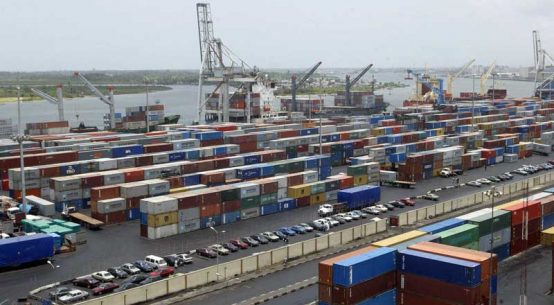
The Tin Can Island Port, Lagos, generate more revenue for the country. The Nigeria Customs Service, Tin Can Island Port Command, in the last few years has been one of the major drivers of the nation’s economy, generating over N1 billion daily and contributing about N25 billion monthly, aside from the Apapa Port that contributes about N30 billion to federal revenue.
Speaking on how the command aims to boost revenue, Customs Area Controller, Bashar Yusuf, during the command’s recent training series for officers, disclosed that the NCS would deploy latest ICT tools to buoy up the service, in line with 21st-century customs operations. He emphasised that the upgrading of ICT facilities would propel more revenue for government’s purse.
Yusuf, who spoke through a statement signed by the command’s public relations officer, Uche Ejesieme, said, in line with the efforts of the service to upgrade its ICT base, full automation and computerisation of processes and procedures have received the further boost.
The course curriculum was carefully articulated to cover vast areas in 21st-century customs operations in line with the World Customs Organisation (WCO) standard. The training became imperative to prepare officers and men on the anticipated Nigeria Integrated Customs Information System 2 (NICIS 2), an advanced version of NICIS 1, a major tool for legitimate trade facilitation.”
Applauding the Comptroller-General of Customs, Col. Hammed Ali, for approving the training and sending resource persons from the headquarters, he noted that the training would go a long way to provide a template for chief examiners to be proactive in case of infractions, which could be easily detected and appropriate sanctions applied.
Training and re-training of personnel have resulted in the high revenue being generated by the command despite the low volume of cargo traffic. And it is the command’s wish to sustain its benchmark rating, especially in relation to 2016 achievement. “Officers’ performance must be seen to have a significant effect on our revenue, attitudinal change and self-transformation are also key.








